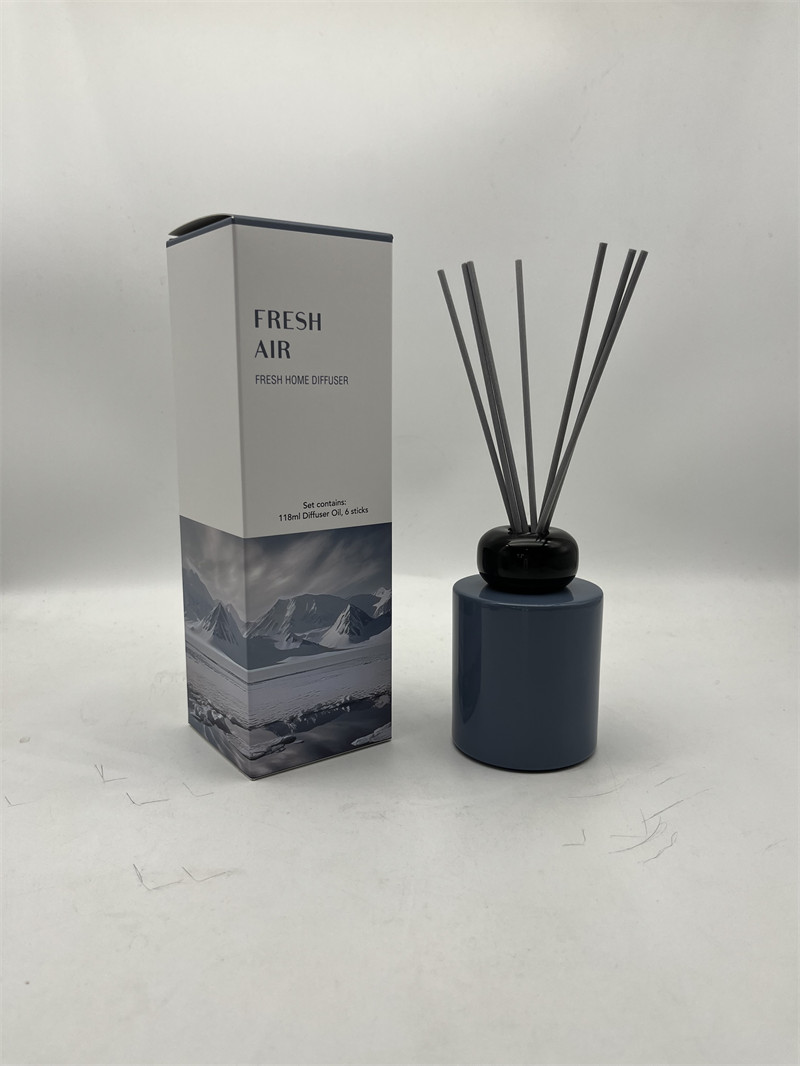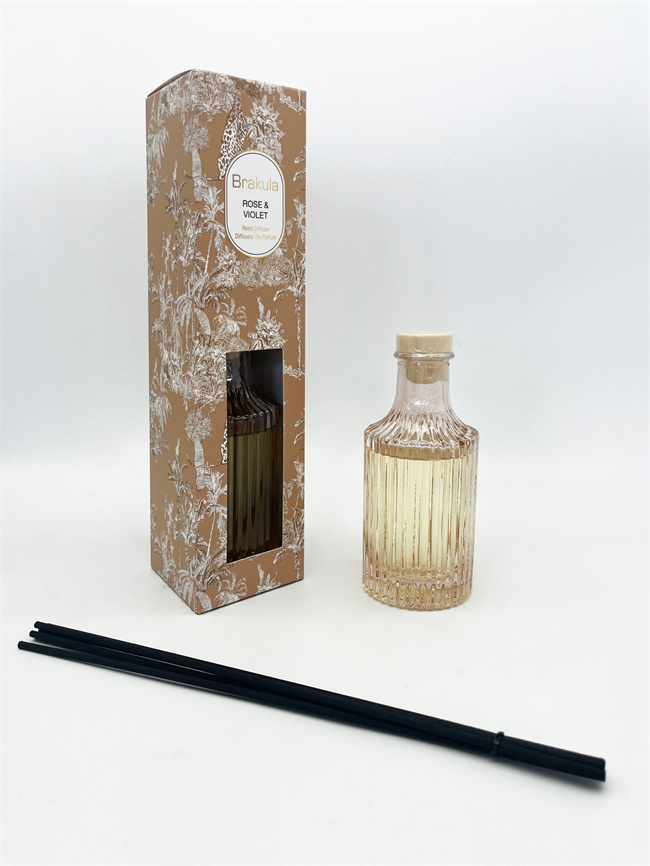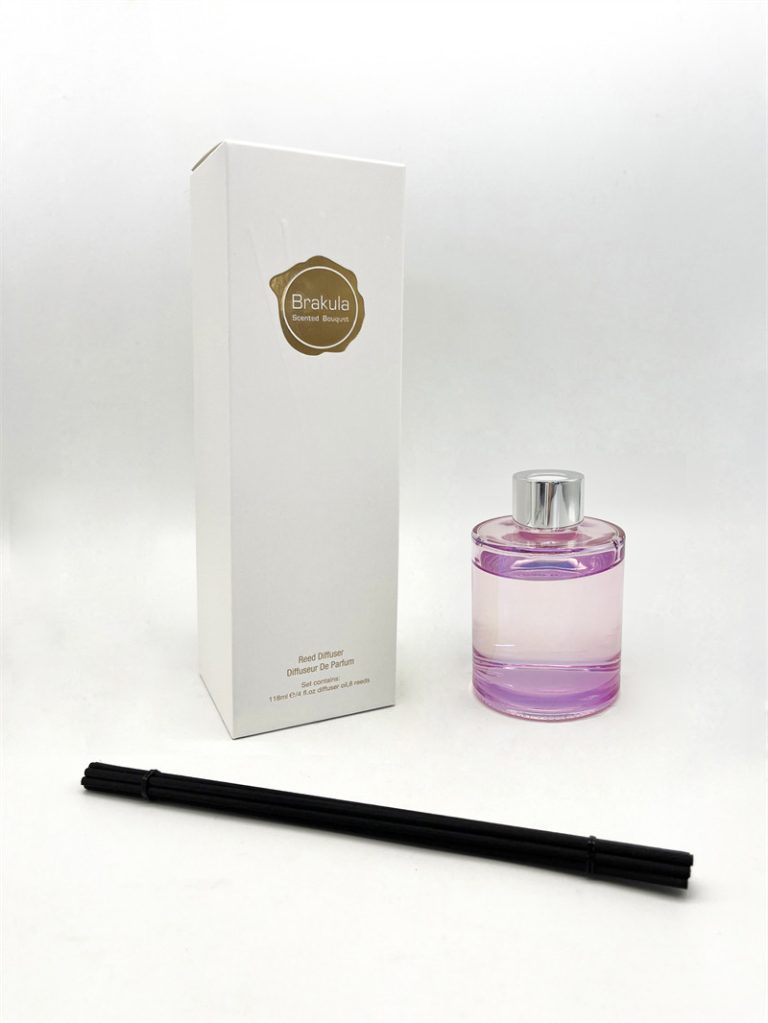Table of Contents
Safety Standards for Premium Fragrance Oils
Premium fragrance oils have become increasingly popular in recent years, with many people opting for these high-quality scents over traditional perfumes and colognes. However, there has been some concern about the safety of these oils, as they are often made with a combination of synthetic and natural ingredients. In this article, we will explore the safety standards for premium fragrance oils and address the question: are premium fragrance oils safe?
When it comes to the safety of premium fragrance oils, it is important to consider the ingredients that are used in their production. Many premium fragrance oils are made with a combination of synthetic and natural ingredients, which can raise concerns about potential health risks. However, it is important to note that the use of synthetic ingredients in fragrance oils is regulated by various safety standards to ensure that they are safe for use.
One of the key safety standards for premium fragrance oils is the International Fragrance Association (IFRA) standards. The IFRA is an organization that sets guidelines for the safe use of fragrance ingredients in consumer products, including perfumes, colognes, and fragrance oils. These guidelines are based on scientific research and are designed to ensure that fragrance ingredients do not pose a risk to human health.
Room Sprays
In addition to the IFRA standards, many manufacturers of premium fragrance oils also adhere to the Good Manufacturing Practices (GMP) guidelines. These guidelines are designed to ensure that fragrance oils are produced in a safe and hygienic manner, with strict quality control measures in place to prevent contamination and ensure product safety.
It is also worth noting that the safety of premium fragrance oils can vary depending on the specific ingredients used in their production. Some fragrance oils may contain allergens or irritants that can cause skin reactions in sensitive individuals. It is important for consumers to carefully read the ingredient list of any fragrance oil they are considering purchasing and to perform a patch test before using the product on a larger area of skin.

In general, premium fragrance oils are considered safe for use when used according to the manufacturer’s instructions. However, it is always a good idea to exercise caution when using any scented product, especially if you have sensitive skin or allergies. If you experience any adverse reactions to a fragrance oil, such as redness, itching, or swelling, it is important to discontinue use and consult a healthcare professional.
https://reedaromalab.com/tag/affordable-scented-reed-diffuser-best-china-makersIn conclusion, premium fragrance oils are generally safe for use when produced according to strict safety standards and used as directed. By choosing fragrance oils that adhere to IFRA guidelines and GMP practices, consumers can enjoy high-quality scents without compromising their health and well-being. As with any scented product, it is important to be aware of potential allergens and irritants and to discontinue use if any adverse reactions occur. Ultimately, the safety of premium fragrance oils lies in the hands of both manufacturers and consumers, who must work together to ensure that these products are safe and enjoyable to use.
Common Allergens in Premium Fragrance Oils
When considering the safety of premium fragrance oils, it is essential to examine the common allergens that may be present in these products. Fragrance oils are widely used in various applications, including personal care items, candles, and home fragrances, making it crucial to understand their composition and potential effects on sensitive individuals. Many premium fragrance oils are crafted to evoke specific scents and experiences, often utilizing a blend of natural and synthetic ingredients. However, this complexity can lead to the inclusion of allergens that may trigger adverse reactions in some users.
One of the most prevalent allergens found in fragrance oils is limonene, a compound derived from citrus fruits. While limonene contributes a fresh, uplifting scent, it can also cause skin irritation and allergic reactions in susceptible individuals. Similarly, linalool, which is commonly extracted from lavender and other floral sources, is another frequent allergen. Although it is valued for its soothing aroma, linalool can lead to contact dermatitis in those with sensitivities. These examples highlight the importance of scrutinizing ingredient lists, as even naturally derived components can pose risks.
| Product | Reed Oil Diffuser |
| Material | Metal |
| Suitable for | Basement |
| Scents | Fresh Cotton, Fig & Cassis |
| Capacity | 200ml |
| Color | Black |
| Origin | China Manufacturer |
| Duration | 90-120days |
In addition to these naturally occurring allergens, synthetic compounds are often used to enhance the fragrance profile of oils. For instance, synthetic musks, which are designed to mimic the scent of natural musk, can also be problematic. Some individuals may experience allergic reactions or sensitivities to these synthetic ingredients, leading to symptoms such as headaches, respiratory issues, or skin irritation. Consequently, consumers should be aware that the term “fragrance” on a product label can encompass a wide range of chemical constituents, some of which may not be disclosed in detail.
Moreover, certain preservatives and stabilizers used in fragrance oils can also act as allergens. For example, parabens, which are commonly used to prolong shelf life, have been associated with allergic reactions in some individuals. While many premium brands are moving towards paraben-free formulations, it is still vital for consumers to remain vigilant and informed about the ingredients in the products they choose. This awareness can help mitigate the risk of exposure to allergens that may lead to discomfort or health issues.
Transitioning from the discussion of specific allergens, it is also important to consider the broader implications of fragrance oil use in everyday life. For individuals with allergies or sensitivities, the environment in which these products are used can significantly impact their well-being. For instance, using fragrance oils in poorly ventilated spaces can exacerbate symptoms, as the concentration of airborne allergens increases. Therefore, it is advisable for consumers to opt for well-ventilated areas when using these products and to consider alternatives that are specifically formulated for sensitive skin or allergy-prone individuals.
In conclusion, while premium fragrance oils can enhance our sensory experiences, it is crucial to recognize the potential presence of common allergens within these products. By understanding the ingredients and their possible effects, consumers can make informed choices that prioritize their health and comfort. As the market continues to evolve, there is a growing emphasis on transparency and safety, allowing individuals to enjoy the benefits of fragrance oils while minimizing the risk of allergic reactions. Ultimately, awareness and education are key to navigating the world of fragrance oils safely and effectively.






